Projects leading to carbon neutrality often translate into restoring natural habitats, or making significant investments in carbon removal technologies in developed countries. But very few actually benefit those experiencing first-hand the effects of climate change.
Projects leading to carbon neutrality often translate into restoring natural habitats, or making significant investments in carbon removal technologies in developed countries. But very few actually benefit those experiencing first-hand the effects of climate change.
Tembo Climate deploys high efficiency improved cookstoves in Sub-Saharan Africa that help reduce deforestation, while substantially improving livelihoods.
900 million people in Africa still rely on unsafe & polluting open fire for cooking.
That means more than 600,000 people – mostly women & infants – dying from smoke-related illnesses each year in Africa.
Collecting firewood for cooking purposes is also a major contributor to deforestation in Africa.
Improved cookstoves can help reduce households wood consumption by half, and get to acceptable Carbon monoxide levels
Improved cookstoves are efficient appliances allowing households to progressively transition to modern cooking services, once they can access affordable electricity and bio-fuels.
The distribution to rural communities of such improved cookstoves, financed by the issuance of carbon credits, immediately addresses two issues: deforestation leading to global warming, and premature death due to unsustainable cooking habits. These carbon credits help improve the livelihoods of those most at risk from climate change – and are currently the only tool to do it at scale.
They also empower women, free-up time for education and favor income generation, while respecting the culture of indigenous communities.
Our improved cookstoves have the highest thermal efficiency in the market, leading to significantly less wood consumption and carbon monoxide inhalations within the World Health Organization’s range.

We tick 11 of the 17 UN Sustainable Development Goals, more than most other types of impact projects. We take a stringent & thorough approach to development, inherited from Tembo Power – our sister company involved in the project financing of renewable energy projects in Sub-Saharan African.
We aim at disrupting the market and setting new standards of transparency & accountability.
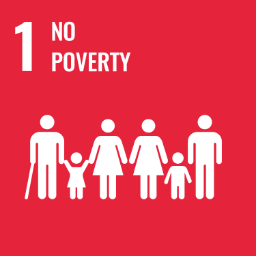

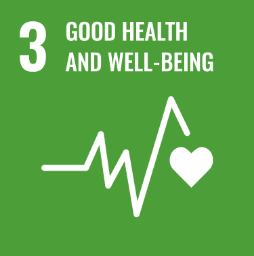
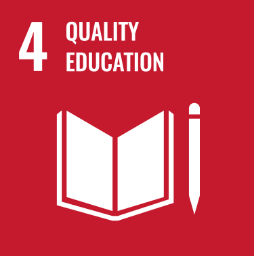
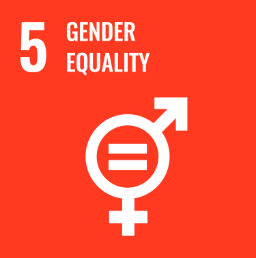



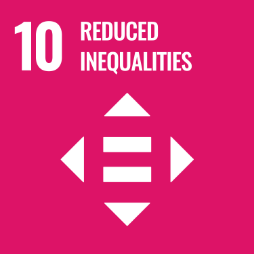

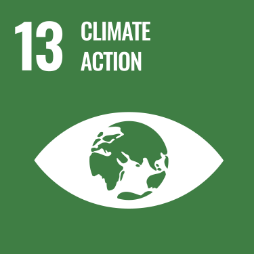


Our stoves reduce the prevalence of health problems caused by carbon monoxide inhalation, most commonly affecting women and girls in Sub-Saharan Africa.
Clean cookstoves reduce wood consumption by more than 50%. As communities cut down fewer trees, more carbon can be absorbed, drought Is mitigated, and soil Is further protected against erosion.
When women spend less time collecting firewood and cooking, they have more time to invest in their families, education, and income-generation activities. Girls, traditionally in charge of collecting firewood on the way back from school, can come home early to do their homework.
When women and girls have time to be trained and can attend school instead of collecting firewood, are healthy and able to work, they can start their own businesses, helping communities thrive. Improved cookstoves are much more than a carbon mitigation tool. They’re a lifeline.
Women empowerment doesn’t stop with the manufacturing and distribution of cookstoves. Our projects facilitate other entrepreneurial ventures: we also teach women how to produce their own soap (reducing preventable diseases), create their own kitchen gardens, and produce fertilizers for use on their crops.
Join us to Save Over 50 Million Tons of CO2 emissions Each Year, and Have a Strong Social Impact in Sub-Saharan Africa.
© Copyright 2023 Tembo © 2023. All rights reserved.